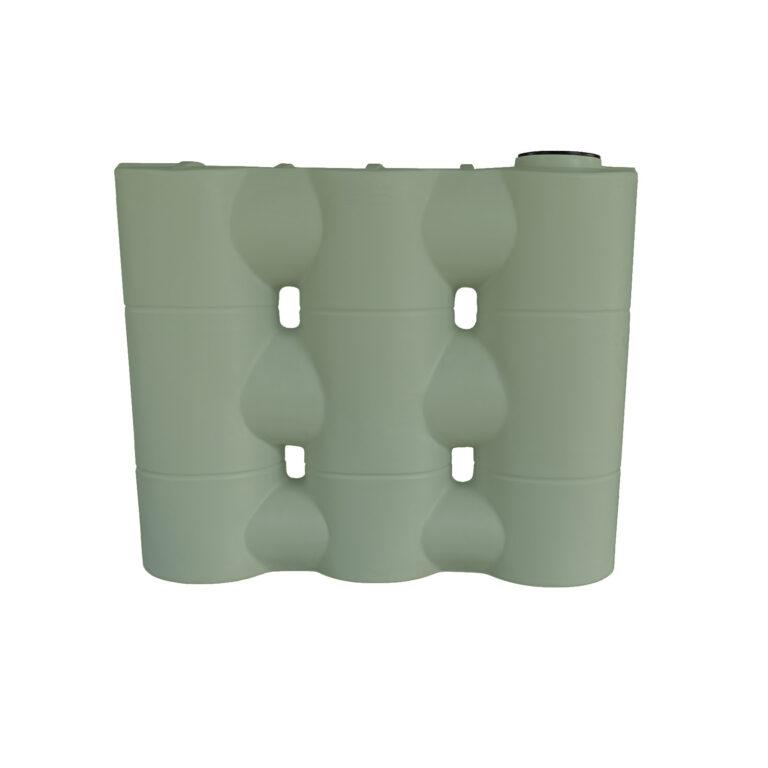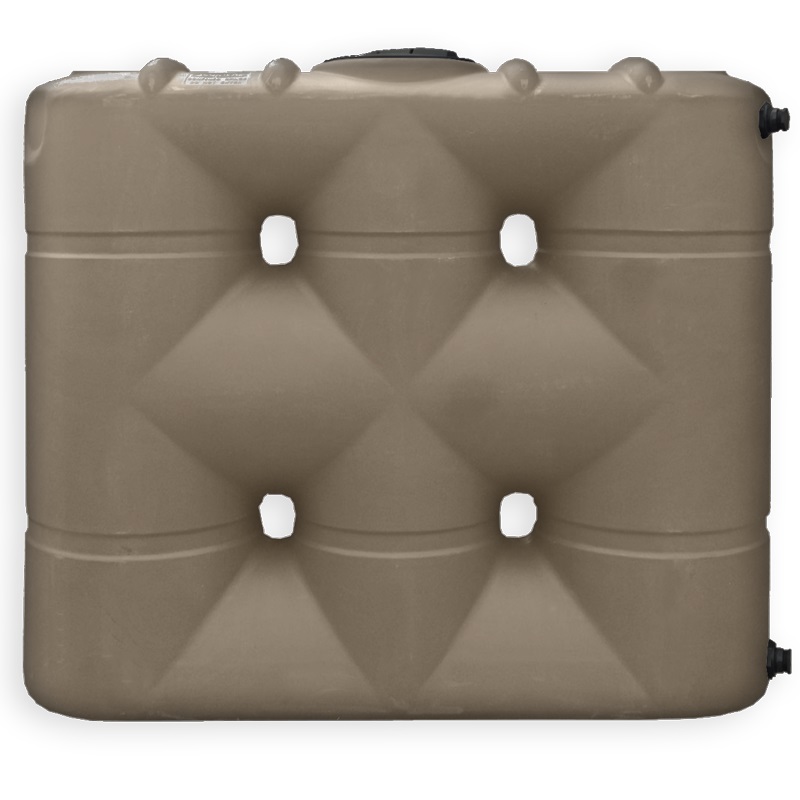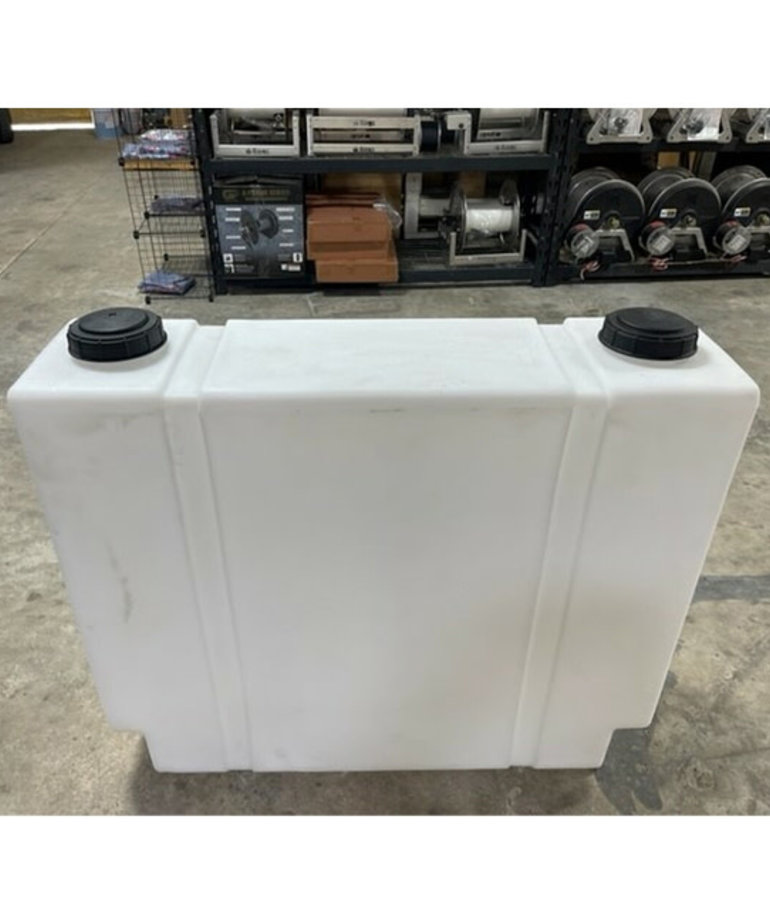How Slimline Water Tanks Boost Your Home's Water Performance
How Slimline Water Tanks Boost Your Home's Water Performance
Blog Article
Discovering the Various Uses Rainwater Storage Tanks for Residential and Commercial Properties
As the international emphasis on lasting living techniques proceeds to escalate, the application of rain storage tanks in both property and industrial settings has emerged as a relevant service. The multifaceted usages of rainwater tanks present an engaging instance for their adoption, not only as a practical water-saving measure yet likewise as a testament to responsible source administration.
Benefits of Using Rain Storage Tanks
Utilizing rain storage tanks provides numerous benefits for both houses and communities in regards to water conservation and sustainability. One of the vital benefits of using rain containers is the considerable reduction in reliance on keys supply of water - Slimline water tanks. By capturing and saving rainwater for later use, people and neighborhoods can decrease their need for treated water, ultimately reducing the worry on water treatment centers and reducing power usage connected with water transportation and therapy
Additionally, rainwater collecting with tanks provides a reliable alternative water source throughout times of water limitations or shortages. This stored rain can be used for various non-potable purposes such as watering, flushing toilets, and cleaning clothes, reducing the stress on traditional water resources. Additionally, utilizing rain containers can cause cost financial savings for both families and communities by decreasing water costs and decreasing the need for costly facilities expansions to satisfy growing water needs.
In essence, the usage of rainwater storage tanks provides a lasting and ecologically pleasant strategy to water administration, benefiting both specific users and the more comprehensive neighborhood in terms of water conservation, cost-efficiency, and strength.
Rain Tank Usage in Watering
Given the advantages of rain containers in preserving water sources and minimizing dependence on mains water, a substantial application exists in making use of stored rainwater for irrigation purposes - Slimline water tanks. Rainwater harvesting systems can effectively collect and store rainwater, providing a sustainable water resource for sprinkling yards, yards, and farming fields. By utilizing rainwater for irrigation, homeowner can minimize their reliance on treated water sources, leading to cost financial savings and ecological advantages

One of the key advantages of making use of rain for irrigation is its pureness. Rainwater is naturally soft and devoid of the chemicals and additives commonly found in keys water, making it ideal for beneficial plants without the risk of dangerous effects. Furthermore, rain is at ambient temperature level, which can profit plant growth by staying clear of temperature shocks that can happen with cool mains water.
Rainwater Storage Tanks for Commode Flushing

Executing rainwater containers for commode flushing is a cost-effective and eco-friendly method that can be conveniently incorporated right into both property and industrial buildings. The stored rain can be utilized to purge commodes by connecting the storage tank to the existing plumbing system. This simple yet reliable option can substantially decrease water usage in a building, specifically in locations where water shortage is a concern.

Incorporating Rainwater Tanks in Landscape Design
These containers can catch and keep rainwater runoff from roofs, which can then be used for sprinkling gardens, grass, and plants. By making use of rainwater for watering objectives, home owners can reduce their dependence on local water sources, leading to set you back financial savings and conservation of priceless water resources.
In addition to giving a sustainable water resource for landscape design needs, rain tanks can additionally help in taking care of stormwater runoff. By catching rain that would or else stream into tornado drains, these containers can reduce disintegration, reduce flooding dangers, and prevent contamination of all-natural water bodies. Including rain tanks in landscaping can add to the total visual allure of the residential or commercial property, showcasing a dedication to ecological stewardship.
Business Applications of Rain Tanks
Utilizing rain containers in industrial settings offers a lasting option for his comment is here water administration and conservation, profiting organizations and the atmosphere alike. One essential commercial usage is for irrigation purposes, where click for info collected rain can be used to water landscape design, yards, and agricultural fields bordering commercial properties.
Moreover, rain tanks can be incorporated into the fire reductions systems of industrial buildings. By having a dedicated water resource for firefighting purposes, organizations can improve their fire safety actions and potentially lower insurance coverage premiums. Furthermore, rainwater gathered in tanks can be dealt with and used for non-potable functions within commercial buildings, such as flushing bathrooms, cleansing, and cooling down systems. This not only preserves fresh water resources yet also decreases operating expense for services. Overall, the consolidation of rain tanks in business setups presents a sensible and environmentally accountable strategy to water management.
Verdict
In conclusion, rainwater storage tanks use many advantages for both residential and commercial homes. From watering to commode flushing and landscape design, using rain containers can aid preserve water sources and reduce water bills. Additionally, incorporating rainwater storage tanks in industrial settings can result in considerable expense savings and environmental benefits. Generally, the adaptability and sustainability of rain containers make them a beneficial financial investment for any type of residential or commercial property owner looking to increase water efficiency.
Report this page